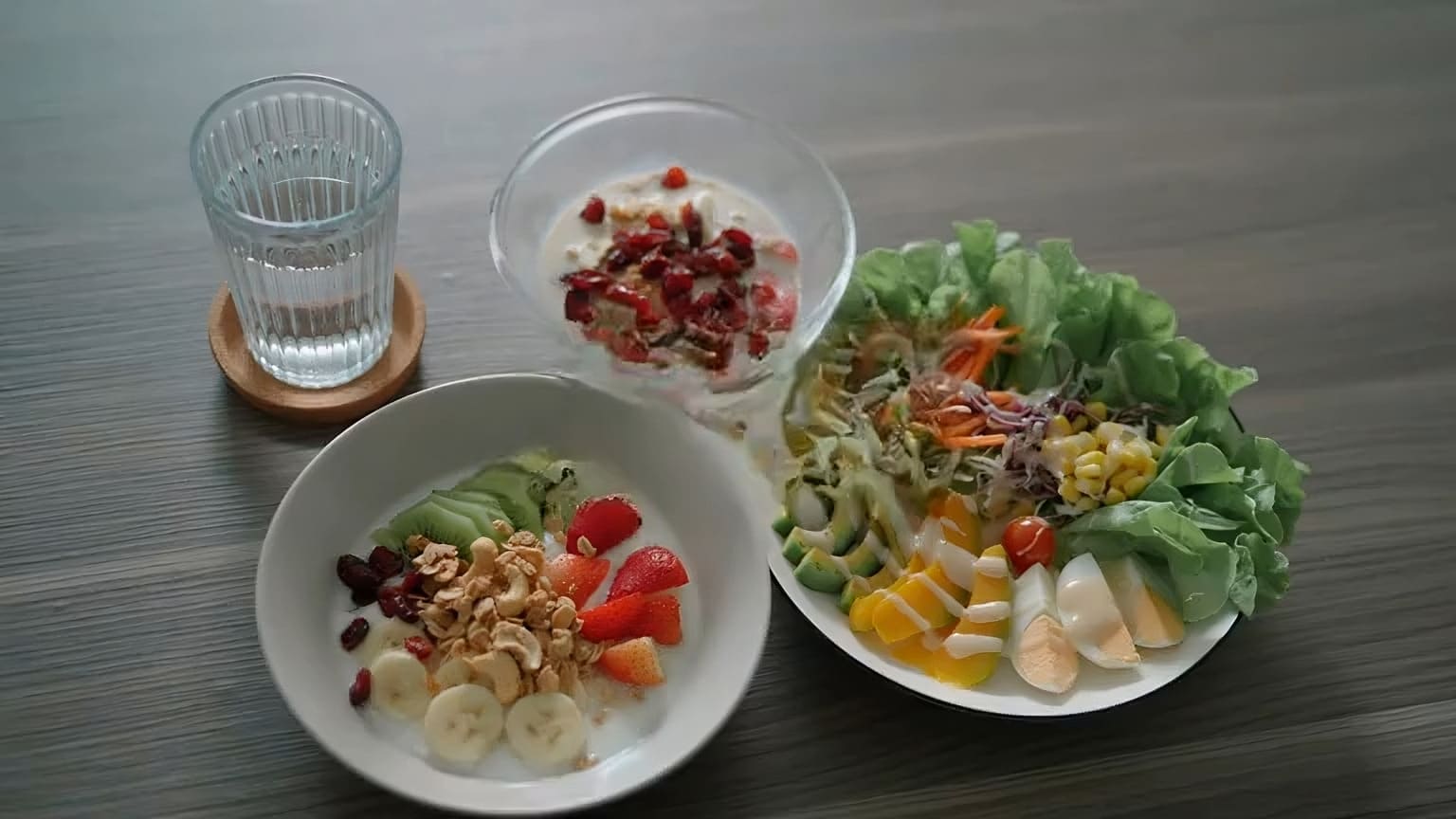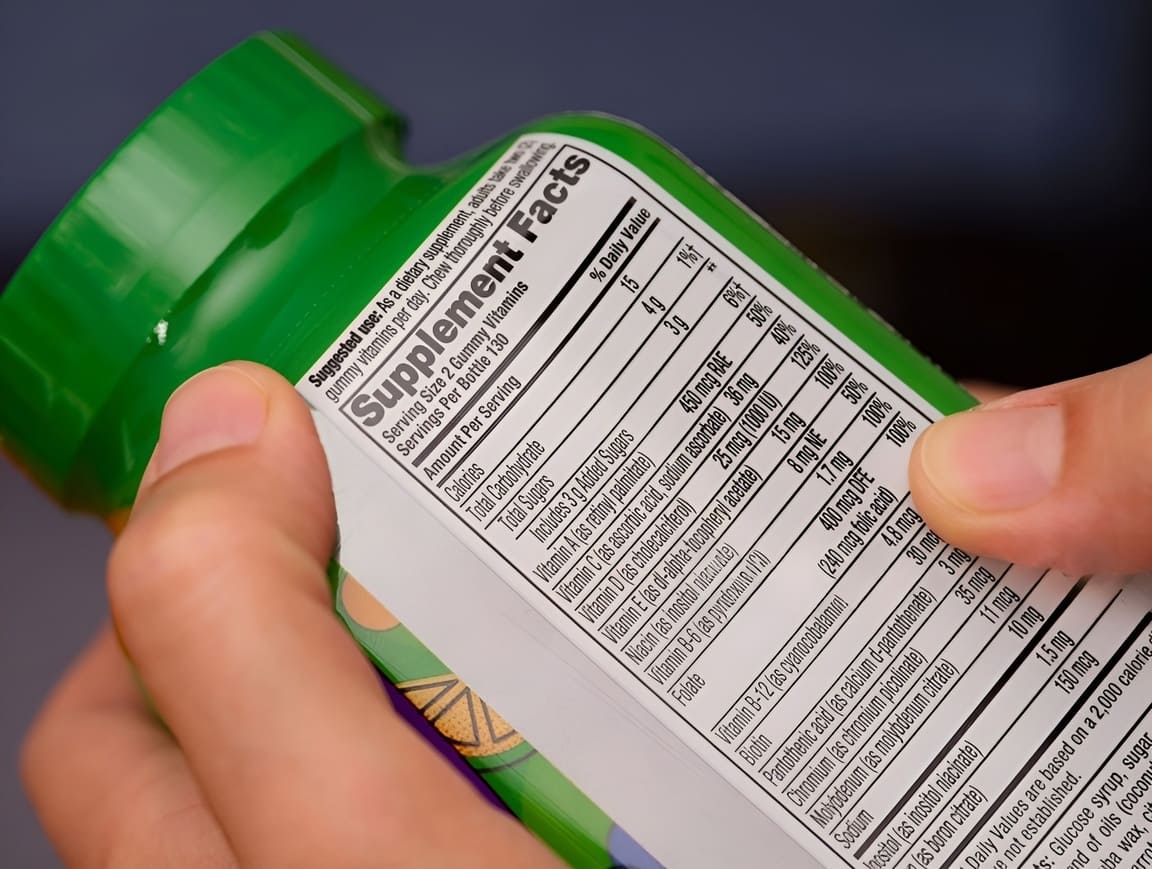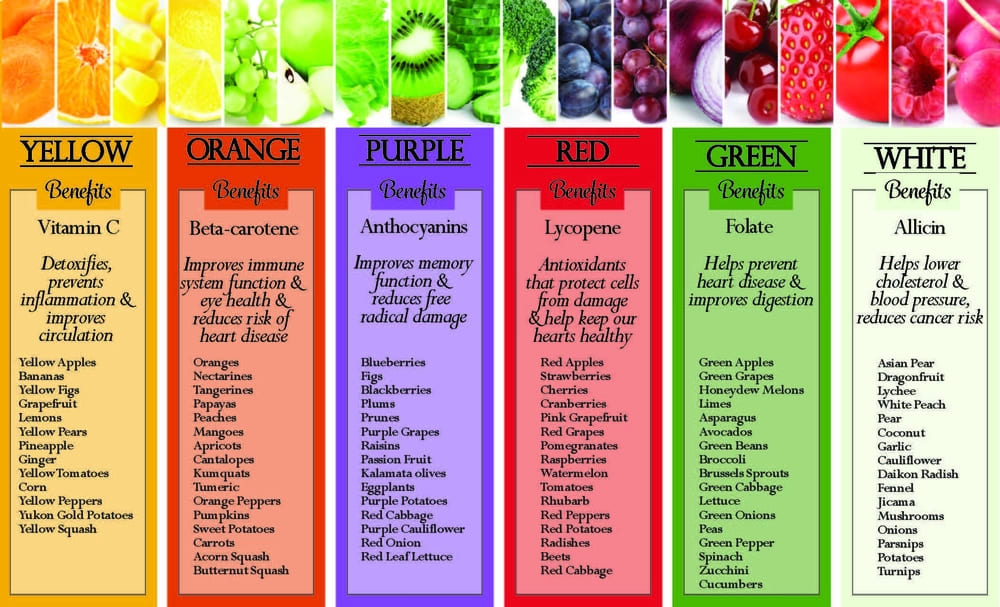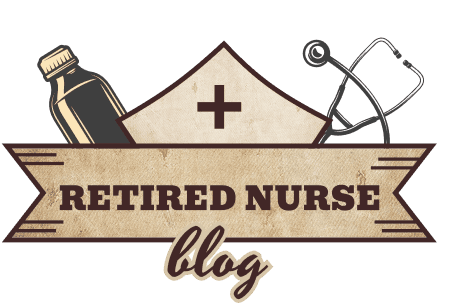Supplements: Help or Hype? Understanding What Works

Many of us take supplements daily, hoping to improve our health, boost energy, or prevent illness. But how do you know which supplements actually work and which are just hype? In this article, we’ll explore evidence-based supplements, signs you may need them, and practical ways to use them effectively.
Why Supplements Aren’t Always Necessary
For most people, nutrients should come from a balanced diet. Supplements are not a replacement for whole foods. Fat-soluble vitamins like A, D, E, and K can accumulate in the body and cause toxicity if overused. For example, excess vitamin A may harm your liver, and high doses of vitamin E can increase bleeding risk.
Your body absorbs nutrients from food more efficiently than from synthetic supplements—a concept known as bioavailability. For instance, iron from spinach (non-heme) may be absorbed better with vitamin C, while calcium in milk is more readily used than in some fortified foods.
Even the best supplements won’t counteract poor lifestyle habits. A diet heavy in fast food, combined with poor sleep and inactivity, cannot be fully fixed with pills alone.

Supplements That Actually Make a Difference
Some supplements are backed by solid science:
-
Vitamin D
Synthesized in your skin from sunlight, vitamin D is crucial for bone health, immunity, and mood regulation. Deficiency is common in winter, in people living in northern latitudes, or those who spend most of their time indoors. Recommended dosage: D3 1,000–2,000 IU/day. -
Omega-3 (EPA & DHA)
Essential fatty acids not produced by the body. Benefits include heart health, reducing inflammation, and supporting brain function. Found in fatty fish or algae-based supplements for vegans. -
Iron
Necessary for hemoglobin production. Menstrual cycles, pregnancy, and vegan diets increase deficiency risk. Heme iron (from meat) is absorbed better than non-heme iron (from plants). Take with vitamin C for better absorption. Caution: iron supplements can cause constipation. -
Vitamin B12
Vital for nerve function and red blood cell formation. Common deficiency in vegans, elderly, or people with absorption issues. Found in meat, dairy, and fortified foods. -
Magnesium
Supports muscle relaxation, stress reduction, and sleep. Found in leafy greens, nuts, seeds. Useful if your diet is low or stress is high.

Signs You Might Need a Supplement
Some physical signs indicate a potential deficiency:
- Fatigue or low energy
- Hair loss or brittle nails
- Mood swings or brain fog
- Poor sleep
For example, hair loss can be linked to iron or zinc deficiency, while fatigue may indicate low B12 or iron. Keeping a journal to track energy, mood, and sleep before and after supplementation can help identify what’s really needed.

How to Choose Supplements Wisely
- Check the label: Look for third-party testing and transparent dosage information. Avoid “proprietary blends” that hide nutrient amounts.
- Dosage matters: Too little is ineffective; too much can be harmful. Examples: Magnesium 200–400 mg/day, Vitamin D 1,000–2,000 IU/day.
- Synergy counts: Some nutrients work better together, e.g., Vitamin D + K2, Iron + Vitamin C.
- One at a time: Introduce a supplement gradually and track effects.

Amanda’s Thoughts
During my years as a nurse, I noticed that patients often relied on supplements without understanding their actual benefits. One winter, I worked with a patient struggling with fatigue and low mood. We tested her vitamin D levels and started a D3 supplement—within weeks, her energy improved.
I also recommended Omega-3 capsules for a patient with high cholesterol and magnesium for another new mom experiencing postpartum muscle cramps and stress. Observing these results reinforced my belief: supplements are tools, not replacements for healthy eating and lifestyle.
Sometimes, simple dietary adjustments alongside targeted supplements created the most noticeable improvements in energy, mood, and sleep.
Today's Wellness Quest 🏅
Your interactive challenge for today:
- Review your supplement cabinet.
- Pick one supplement you take without clear need.
- Replace it with a nutrient-rich food that provides the same benefit.
- Track your energy, sleep, and mood for one week.
Sharing your progress with friends or on social media can make it more fun and help you stay accountable.

Conclusion
Supplements can be powerful tools—but they are not magic solutions. Start with whole foods, lifestyle habits, and evidence-backed supplements only when necessary.
Remember:
- Sleep, stress management, exercise, and hydration are foundational.
- One supplement at a time, monitored for real impact.
- Balance is key: food first, supplements second.
Yes, you can vote for the topic you want to read more often!




